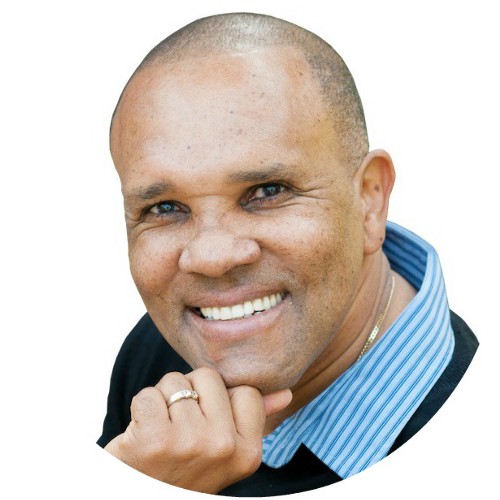
+++ I QUIT +++
Have you ever use those words and actually followed through on them?
Or have you ever resigned from a job simply because you couldn’t take it anymore?
How many people today are in jobs they hate but do only one thing … complain? Hope that’s not you.
On the other hand how many leaders have had people leave and have no clue as to the REAL reason why they did?
They accept what they were told and that’s it. Not that they can force “the truth” out of the person who is resigning. And if it was a situation where their people simply quit, there’s rarely an opportunity to find out why.
When I resigned from my last job in 2008, it wasn’t an overnight thing. It was in the making for about 18 months.
My boss didn’t see it coming. I know this by the reaction when I submitted my resignation letter. Let’s say it wasn’t “pretty.” It wasn’t handled appropriately.
But why did I resign? Was it because I was unhappy? Was it because I wanted a promotion or more money and wasn’t getting it?
It wasn’t any of those. And thankfully it wasn’t for the reason 79% of those who left their jobs gave.
I left because I felt it was time and I had given all I had, and it was time to do something different.
My reason for leaving is chronicled in one of my books: The Midlife Launch – Successfully Pursue Your Dream Without Giving Up What’s Most Important To You. The basic theme of the book is on transition and how to do it successfully.
Enough about me.
What is the main reason 79% of people who quit their job gave for leaving?
According to the research company O.C. Tanner, after polling/interviewing over 200,000 people found that not being recognized as the main reason.
This would seem like a petty reason on the surface and not a good-enough one to take such drastic measures.
It could almost seem like a childish response. Doesn’t it?
Until …
… we understand human psyche.
As human beings, we need to know that what we do is making a difference in one way or the other.
Recognition is like water to the thirsty, food to the hungry, and air to our lungs.
If you fail to respond appropriately to what people need, they will “die” and in some cases, literally.
We can try to compensate with what we think should suffice, but even though it’s accepted, the real need is still present.
The question is, “how do we recognize people?”
In my new book: The Emotelligent Leader – Succeed Where Others Failed, I spent the greater portion of one of the chapters talking about this very thing.
What I’ve found is that not everyone wants to be recognized the same way, but there is one way that everyone responds to and that is public praise.
This could be where you start and then through the relationship building process, add other layers. You’ll be glad you did.
More than 90% of people who when asked what would happen if they received effective recognition, said they would give their best self to the company, wanting to see the company succeed.
The results from creating a recognition-centric workplace are:
- Lower turnover rates
- Achieving enhanced business results
- Stronger support for Goal-setting, Communication, Trust and Accountability.
I expanded on this topic in this episode of The Kingsley Grant Show, which I highly recommend listening to.
To access your FREE COPY of the book mentioned, click on this link: https://www.kingsleygrant.com/freeleadershipbook
If you’d like to connect with me for any of my services – keynote speaking, leadership training or executive coaching, do not hesitate to do so HERE.
(previously published on LinkedIn)

